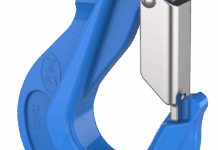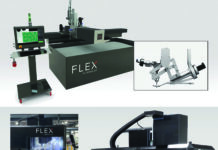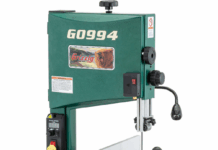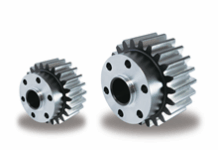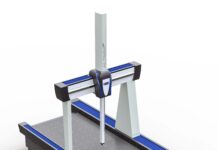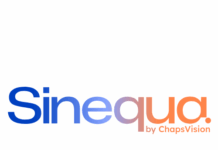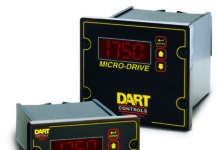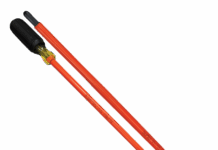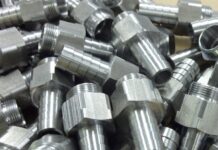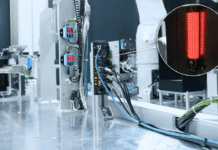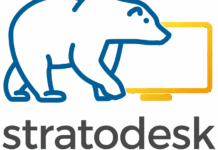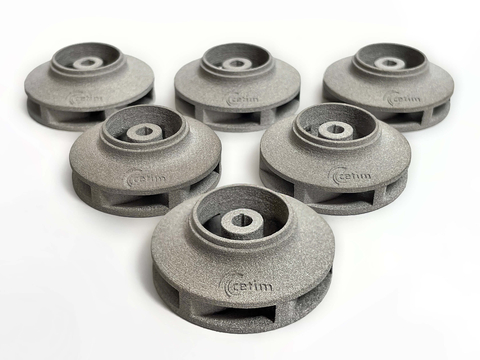
- 304L complements the suite of stainless steel materials now qualified on the Shop System mid-sized binder jet printer, which also includes 17-4PH and 316L
- Among stainless steels, 304L is noteworthy for high tensile strength, corrosion resistance, and durability
- DM and CETIM continue to collaborate on development and testing of 304L for food-processing equipment
Desktop Metal, Inc. (NYSE: DM), a global leader in additive manufacturing technologies for mass production, in partnership with CETIM, the French technical center for mechanical industries and one of the largest industrial research organizations in Europe, today announced that 304L stainless steel has been qualified for use on the Shop System™.
CETIM, which collaborated with DM on parameter development for 304L, will now offer the material on the mid-sized Shop System binder jet 3D printing system to support quick production of critical replacement parts in the French energy sector, such as those used in fuel-processing, as well as nuclear components.
“304L is one of the many Additive Manufacturing materials that CETIM is studying and developing processes for on behalf of French industry,” said Christophe Reynaud, Ph.D., Additive Manufacturing Material Engineer at CETIM. “304L is a key material in the energy sector due to its corrosion resistance, suited for highly demanding environments such as civil nuclear applications. Coupled with the high versatility and responsiveness of the Shop System, it is now possible to considerably reduce the lead-time for critical 304L maintenance parts, avoiding long and expensive downtimes in the factory.”
Within the Shop System material portfolio, 304L is the fifth material qualified for printing. In addition to 17-4PH and 316L, IN625 and Cobalt-Chrome are now qualified. IN718 is now fast-tracked for final development on Shop.
“We are delighted to partner with the highly respected CETIM on qualifying 304L for use on the Shop System,” said Ric Fulop, Founder and CEO of Desktop Metal. “This new material offering will allow manufacturers to produce complex geometries of 304L parts on demand with little to no waste, whether they are interested in low or high volumes. 304L is a flexible, widely used stainless steel across many industries, and we’re delighted to offer it in our affordable, popular Shop System model.”
Additional Details about 304L Qualification
304L is an austenitic stainless steel and one of the most commonly used varieties of stainless steels. With a high tensile strength, corrosion resistance and durability, it’s a popular material for a wide variety of home and commercial applications such as structural components, food processing equipment, fluid transfer components, and welded components.
304L stainless steel printed with the Shop System and sintered in an Ipsen graphite furnace meets or exceeds the minimum tensile properties and the chemical composition outlined in the ASTM A240 standard.
Additional development is underway to further qualify binder jet 3D printed 304L for use in food-processing equipment applications and for applications involving welding.
CETIM, which works closely with industrial companies to help identify market opportunities and facilitate innovation and technical progress, was one of the first adopters of the Shop System, the Production System™ P-1, and also owns a Desktop Metal Studio System™, a Bound Metal Deposition (BMD) metal printing system.
About Desktop Metal
Desktop Metal (NYSE:DM) is driving Additive Manufacturing 2.0, a new era of on-demand, digital mass production of industrial, medical, and consumer products. Our innovative 3D printers, materials, and software deliver the speed, cost, and part quality required for this transformation. We’re the original inventors and world leaders of the 3D printing methods we believe will empower this shift, binder jetting and digital light processing. Today, our systems print metal, polymer, sand and other ceramics, as well as foam and recycled wood. Manufacturers use our technology worldwide to save time and money, reduce waste, increase flexibility, and produce designs that solve the world’s toughest problems and enable once-impossible innovations.






